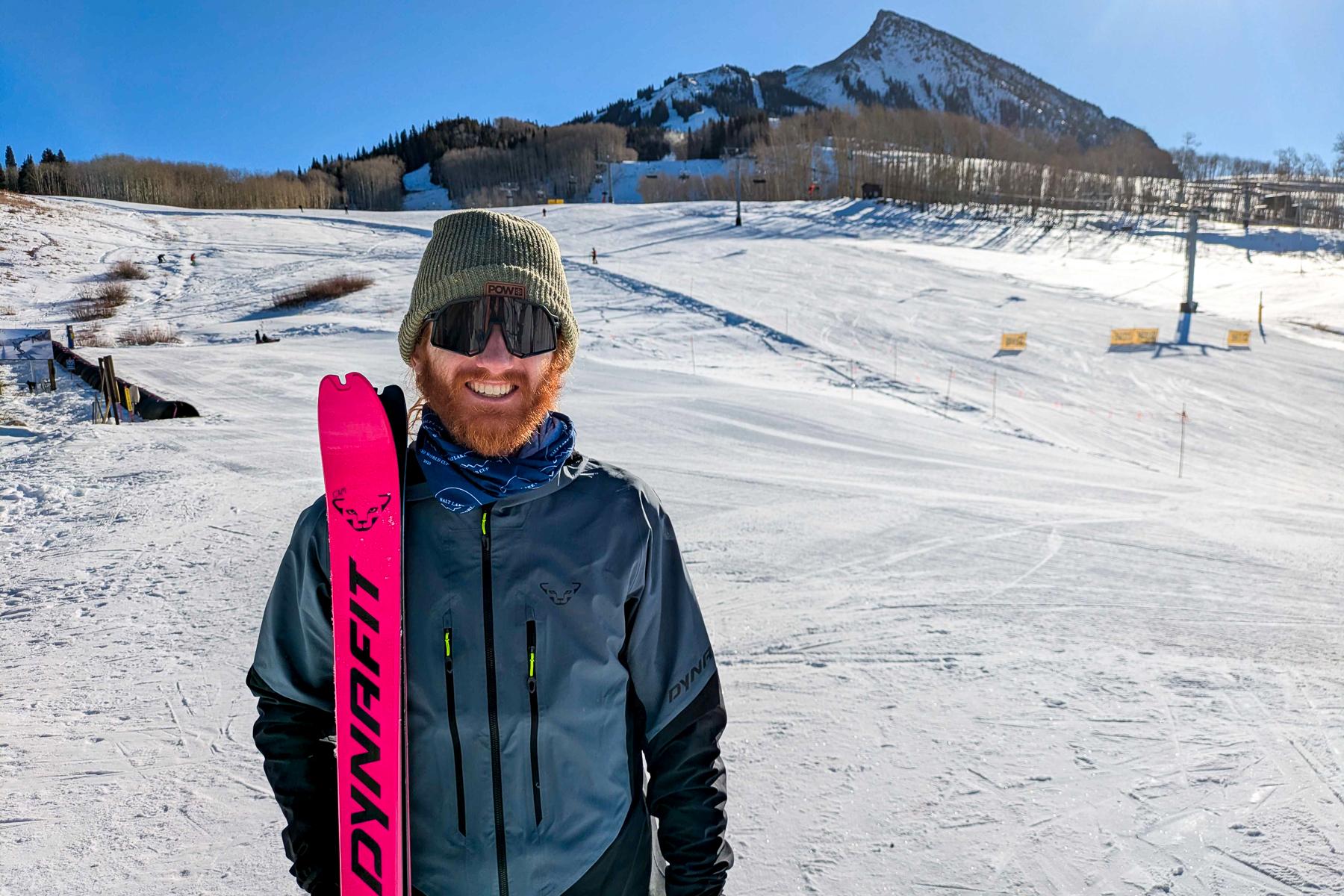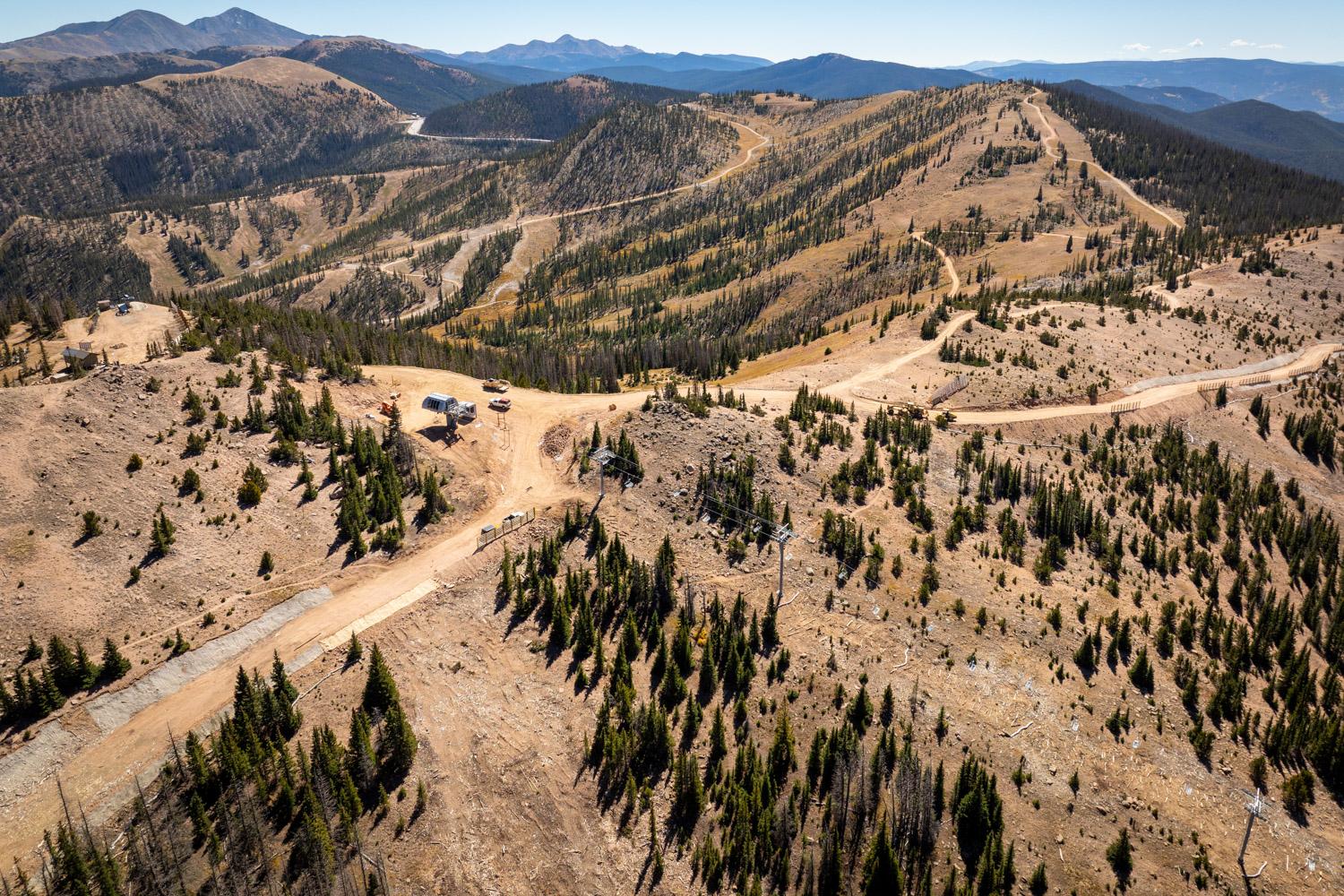
The U.S. Army Corps of Engineers violated multiple federal laws when it issued a permit allowing Denver Water to expand Gross Reservoir, a federal district court judge ruled Wednesday.
The ruling throws a wrench into the project, which broke ground in 2022 and was already on track to raise the height of the existing reservoir’s dam by 125 feet. The reservoir currently stores 13.6 billion gallons of water bound for the Front Range. Denver Water is seeking an expansion that would triple the reservoir’s capacity and require flooding more than half a square mile of forest and destroying 500,000 trees, according to the ruling.
Even with the ruling, Denver Water said it can’t fully stop construction because that would threaten the structural integrity of the dam, and could cause it to collapse.
“It’s critical we continue with construction on schedule to ensure the integrity and safety of both the current project configuration and future dam and to meet the federally required completion deadline,” Denver Water wrote in a statement.
Six environmental groups, who first filed a lawsuit in 2018 to challenge the expansion, praised the ruling from Judge Christine M. Arguello with the U.S. District Court of Colorado and said it helps protect waterways and ecosystems that would disappear once the reservoir is filled. The groups said the dam would be the largest of its type in the United States and the largest construction project in Boulder County history.
“This is a major ruling,” said Gary Wockner, executive director of Save the Colorado, one of the plaintiffs. “It’s also a major victory for the people of Boulder and Grand County who’ve seen their rivers just drained and destroyed.”
In her ruling, the judge determined the Corps violated two environmental laws — the Clean Water Act and the National Environmental Policy Act — when it issued a “dredge-and-fill” permit for Denver Water in 2017.
The permit allows the utility to dig up dirt and rock for the reservoir and dump it onto wetlands, even if that causes permanent damage. Before the Corps can issue the permit, the two federal environmental laws require the agency to analyze a range of construction options that could meet Denver Water’s goals. The laws then directed the Corps to pick an option that caused the least environmental damage.
In court filings, Denver Water has argued for decades that it needs to enlarge Gross Reservoir for two main reasons: The utility may one day run out of water and storing more water would protect the southern and northern reaches of its water system from emergencies, like megadroughts.
Judge Arguello ruled that the Corps eliminated viable options for Denver Water that would keep wetlands intact or were less harmful to the environment and that the agency glossed over how climate change might reduce water flows into the reservoir. If there was less water, Arguello wrote, expanding the reservoir might not even work.
“If the Gross Reservoir has no extra water to impound, or that water is lost to the sun or flora, [the expansion] cannot possibly be practicable in a logistical sense,” Arguello wrote in the ruling.
In court filings, Denver Water argued that because it had already begun construction, some of the claims from environmental groups no longer made sense. Judge Arguello said that was a problem of the utility’s own making.
“To the extent that Denver Water disagrees, it has only itself to blame — because Denver Water chose to proceed with construction despite the obvious risk posed by pending federal litigation,” she wrote in the ruling.
The judge ordered the environmental groups, Denver Water and the Army Corps of Engineers to begin meeting to find a solution moving forward.
“That conversation will start next week about how you actually remedy the extraordinary damage that’s been done in Boulder County, and then what to do next,” said Wockner, of Save the Colorado.
In early October, Denver Water celebrated the project’s progress online by comparing its look to ancient pyramids in the Egyptian desert. Now it’ll have to consider whether its expansion has met its own line in the sand.
“Denver Water looks forward to working through the legal process to address any potential remedies and move this critical project toward completion,” the utility wrote in a statement.









